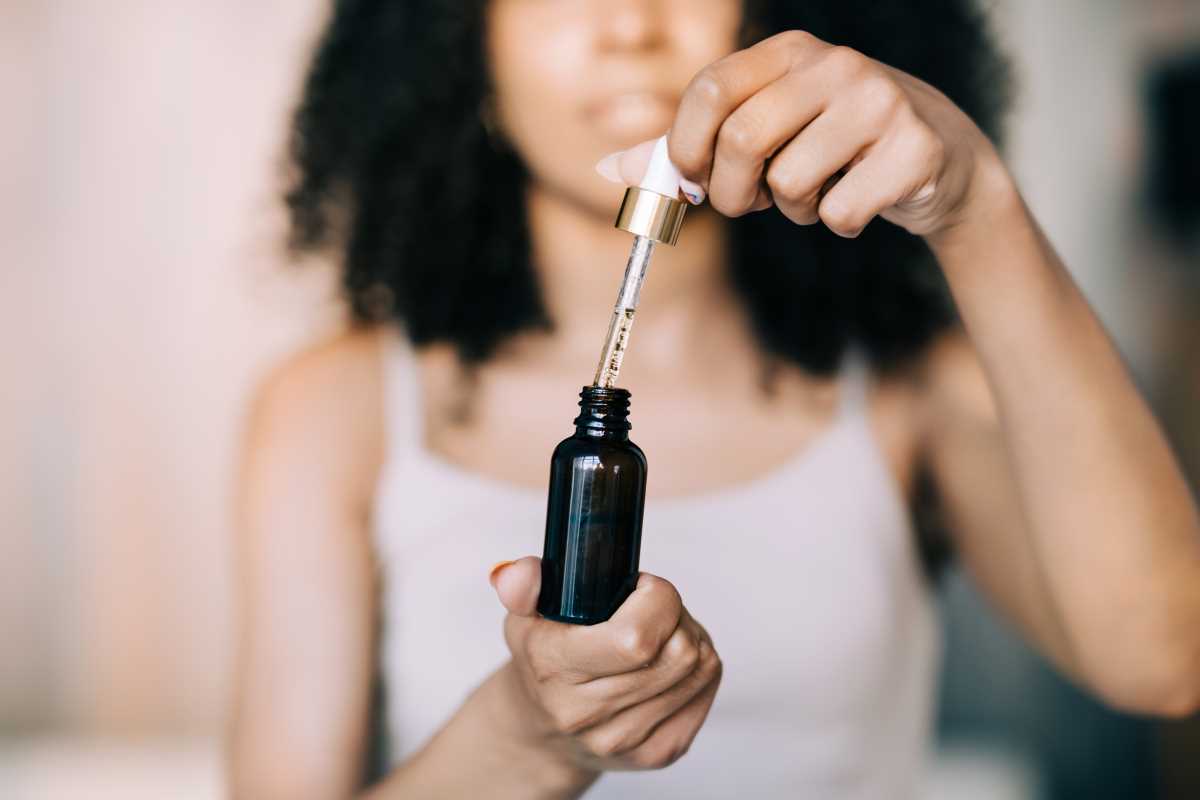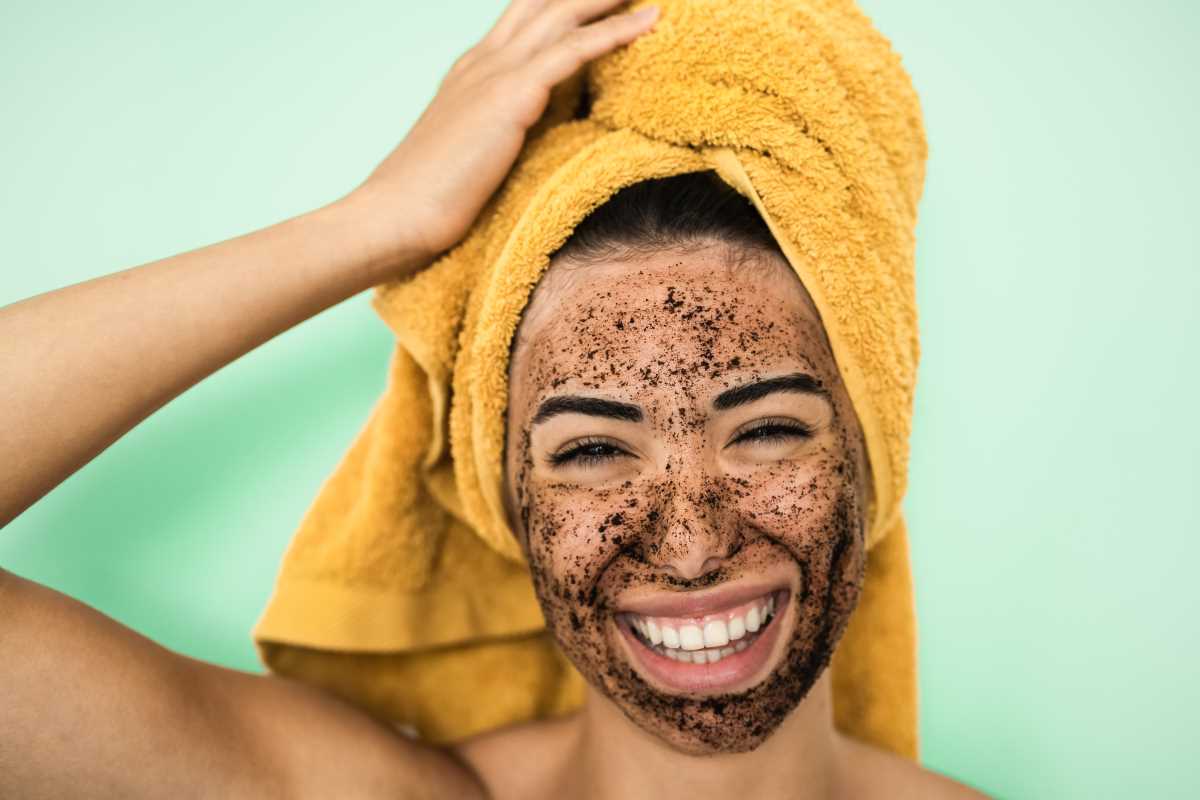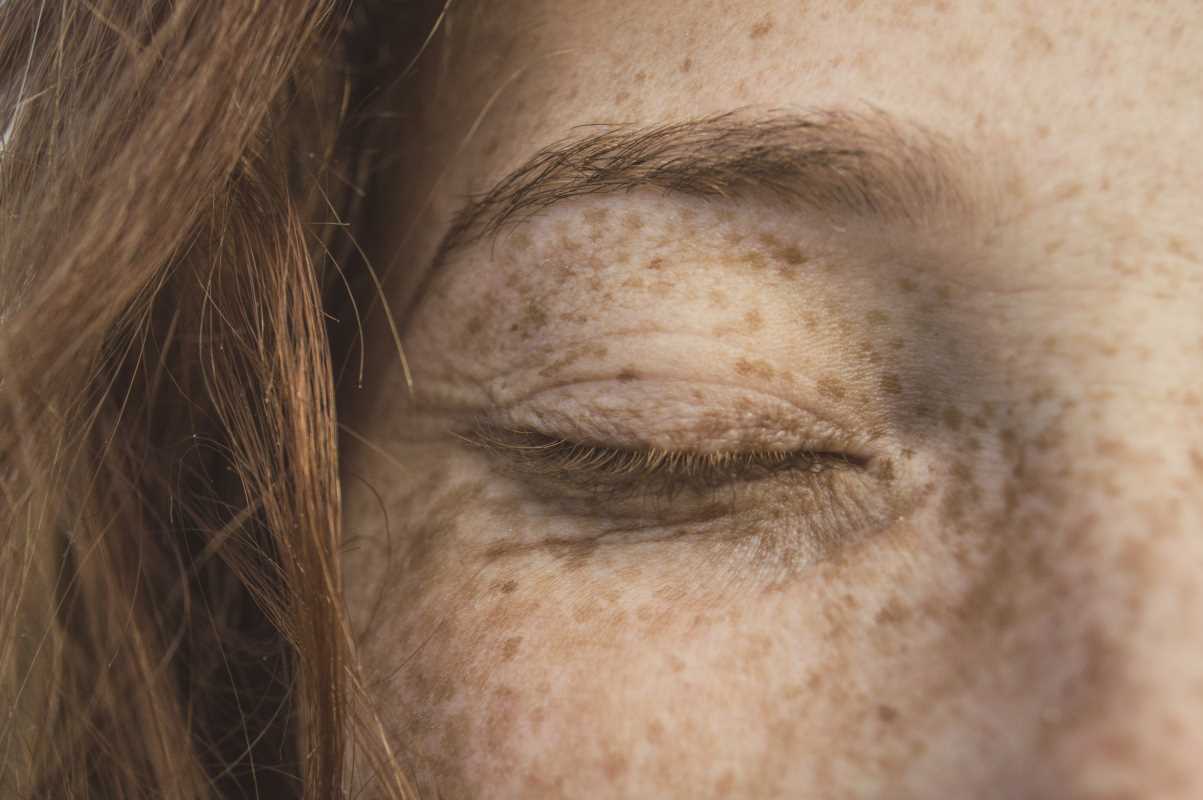Winter can be harsh on your skin, causing it to become dry, cracked, and irritated. The cold temperatures and low humidity levels can strip your skin of its natural oils, leaving it feeling parched and uncomfortable. However, with the right skincare routine, you can help protect your skin from the damaging effects of winter weather.
Hydrate from the Inside Out
Drinking plenty of water is essential for maintaining healthy skin, especially during the colder months. When your body is dehydrated, your skin can become dry, flaky, and dull. Aim to drink at least 8 glasses of water per day, or more if you're physically active or live in a particularly dry climate.
You can also stay hydrated by eating fruits and vegetables with high water content, such as watermelon, cucumber, and celery. These foods can help to replenish your body's fluids and keep your skin looking radiant. Additionally, foods rich in omega-3 fatty acids, such as salmon, flaxseeds, and walnuts, can help to nourish and strengthen your skin's barrier, preventing moisture loss.
Moisturize Regularly
Moisturizing is crucial for preventing dry skin during the winter. Opt for a rich, hydrating cream or lotion that is specifically designed for dry skin. These products will help to lock in moisture and protect your skin from the harsh winter elements. It's best to apply moisturizer immediately after showering or washing your face, while your skin is still damp. This will help to seal in the moisture and prevent your skin from becoming dry and cracked.
Remember: Always choose the right moisturizer for your skin type. If you have very dry skin, opt for a rich, cream-based moisturizer. For those with combination or oily skin, a lighter lotion might be more suitable. Look for products that contain ingredients like hyaluronic acid, glycerin, ceramides, and shea butter, which are known for their hydrating and moisturizing properties.
Use a Humidifier
Indoor heating can significantly reduce the humidity levels in your home, leading to dry skin. Using a humidifier can help to add moisture back into the air, preventing your skin from becoming overly dry and irritated. There are many different types of humidifiers available, so be sure to choose one that is appropriate for the size of your home and your budget.
You may also want to consider a humidifier that has a built-in hygrometer, which can help you to monitor the humidity levels in your home. If you have a humidifier, be sure to clean it regularly to prevent the growth of mold and bacteria. You can use a mild vinegar solution to clean your humidifier. Additionally, consider placing a bowl of water near your heater or fireplace to add moisture to the air.
Protect Your Skin
Don't forget to protect your skin from the harsh winter elements. Wear gloves, scarves, and hats to shield your skin from cold winds and low temperatures. Additionally, don't skip sunscreen, even in the winter. UV rays can still damage your skin, even on cloudy days.
If you're going to be spending a lot of time outdoors in the cold weather, it's also important to use a lip balm to protect your lips from becoming chapped. Look for a lip balm that contains ingredients like beeswax, cocoa butter, or shea butter to help lock in moisture. Similarly, it's also important to protect your hands and feet from the elements. Wear gloves and socks that are made from warm, breathable materials. Always keep a hand cream with you.
Exfoliate Gently
Exfoliating can help to remove dead skin cells, allowing your moisturizer to penetrate more effectively. However, be gentle when exfoliating in the winter, as harsh exfoliants can further strip your skin of its natural oils.
Opt for a gentle exfoliator, such as a sugar scrub or a mild chemical exfoliant, and use it only once or twice a week. Avoid exfoliating if your skin is already dry or irritated. When exfoliating your skin, be sure to choose a product that is appropriate for your skin type. If you have dry skin, avoid using harsh scrubs that can further irritate it. Instead, opt for natural ingredients like sugar or coffee grounds, or simply using your hands.
Avoid Hot Showers
While it may be tempting to take hot showers during the winter, they can actually strip your skin of its natural oils, leaving it dry and irritated. Instead, opt for lukewarm water when bathing or showering, and try to keep your showers short to prevent further moisture loss.
After showering, pat your skin dry gently with a soft towel, rather than rubbing it vigorously. This will help to prevent your skin from becoming irritated. Immediately apply a moisturizer to damp skin to help lock in moisture.
Choose the Right Skincare Products
It's important to choose skincare products that are formulated for dry skin. Look for products that contain ingredients like hyaluronic acid, glycerin, ceramides, and shea butter. These ingredients can help to hydrate your skin and prevent moisture loss.
Avoid using products that contain harsh chemicals, such as alcohol, fragrances, and sulfates. These ingredients can further irritation and strip it of its natural oils. Instead, look for products that are labeled as "hypoallergenic" or "fragrance-free."
Get Enough Sleep
Getting enough sleep is essential for overall health, including healthy skin. When you're well-rested, your body has a chance to repair itself and regenerate new skin cells. Aim for 7-9 hours of sleep per night. When you're well-rested, your body has a chance to repair itself and regenerate new skin cells.
Falling asleep can be difficult, so follow a few best practices. Create a consistent routine, including skincare, low lighting, and limited phone usage. Use sleep-inducing supplements sparingly, such as melatonin or CBD. If you're battling insomnia regularly, however, talk with your doctor.
Manage Stress
Stress can harm your skin. When you're stressed, your body produces cortisol, a hormone that can cause inflammation and breakouts. Find healthy ways to manage stress, such as exercise, meditation, or spending time in nature.
By following these cold-weather skincare tips, you can help to combat seasonal dryness and keep your skin looking and feeling its best throughout the winter months. Remember to listen to your skin's needs and adjust your skincare routine accordingly. In addition to the tips mentioned in the article, you can also try relaxation techniques like yoga, deep breathing, or meditation to help manage stress. These techniques can help to reduce cortisol levels and promote healthy skin.







